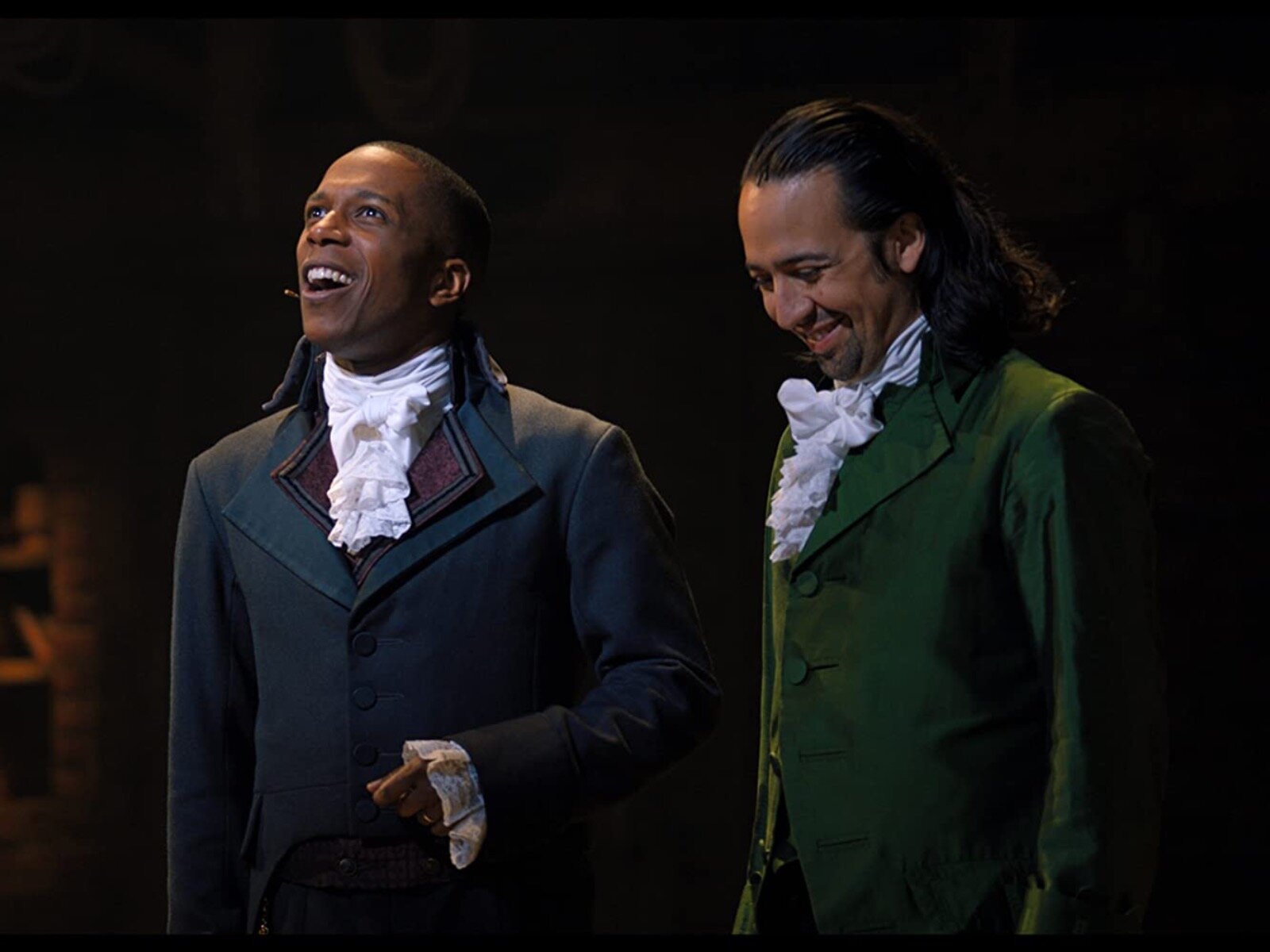It would have been easy for director Lauren Greenfield to make a documentary about the economic struggles of a lower- to middle-class family. Viewers almost everywhere could easily relate to their problems and their pain while shaking their fists angrily at the wealthy 1 percent.
Greenfield, however, didn't choose the easy story and the easy tears that would follow. Instead, her documentary, "The Queen of Versailles," chronicles the trials and tribulations of an obscenely wealthy family, learning to come down to Earth after living in the clouds. It's a fascinating story that manages to make the audience care about its star family even while they infuriate the viewers at the same time.
The Siegel family sits at the center of Greenfield's film. They're led by patriarch David Siegel, the owner and founder of one of the country's largest time-share companies. He's happily married to Jackie, a small-town girl who found fame and love after leaving her job at IBM to become a model and eventually Mrs. Florida.
As the film begins, the duo (plus their eight children) is in the midst of building their new house, an absurdly massive mansion featuring a full-size baseball field, millions in marble and an awesome view of Disney World. One guest on a tour asks Jackie if a massive space will eventually be Jackie's bedroom. Nope, just the closet.
None of the Siegels seem to note the irony of modeling and naming their new palace after Versailles, the home of French royalty, blissfully ignorant of the rest of their citizens' woes until they began pounding on the gates in revolution.
Thankfully, no one asks for the Seigels' heads, but things do take a dramatic turn for the worse. The economic collapse happens, leaving David and Jackie with a struggling time-share business, several unpaid mortgages and a $100 million unfinished mansion that must now be sold.
David – who clearly becomes more irritated with the filmmakers as the money problems pile up – calls it a "riches-to-rags" story. It's pretty overdramatic considering they still live in relative squalor (they continue to drive in a limo, just to less glamorous locales like McDonalds), but they do have to slowly learn how to cut back and live a bit more simply, albeit a very loose definition of the word "simply."
The first half of the film can't help but linger on the outrageous wealth scattered about the family's house. David conducts one of his early on-screen interviews seated in an elaborate gold chair. Jackie owns a pair of crocodile boots that may be more expensive than a Payless Shoes' entire stockroom. Their family portraits look like classic paintings of famous kings and queens but with David and Jackie's faces awkwardly pasted in.
Greenfield builds the family up in order to make the fall that much more tragic. Even so, almost every scene in "The Queen of Versailles" challenges the audience to sympathize with the astoundingly disconnected Siegels. The biggest laugh in the film comes when Jackie assumes her rented car comes with a driver. Far less humorous is when Jackie notes the family's decline in wealth might mean her kids will have to think about what they actually want to do when they grow up.
It's a lifestyle and mindset that most people could never imagine, but the beauty of Greenfield's film is that, even with their out-of-whack sense of normalcy, they're still a relatable group of people. The movie presents David as a hard-working family man who goes to his son's baseball games and gets frustrated when his family runs up the electric bill by leaving the lights on.
With her beach blond hair, botox-infused face and often-skimpy clothes, Jackie could've easily been portrayed as a dumb trophy wife, but she's more interesting than that. She graduated from a good college, and she cares about the people in her life. She truly seems to love her far-older husband, and when a friend can't afford to keep her house, Jackie sends her money.
Greenfield doesn't ask or prod the audience to feel for the Siegels, but she doesn't demonize them either. It presents the ludicrousness of driving around in a limo regularly but also points out that getting rid of the limo would also require getting rid of the driver's job and therefore his ability to feed his own family.
Even with all of Greenfield's efforts to humanize the family (which are effective, if sometimes mundanely repetitious as the film inches toward the two hour mark), many audiences will scoff at the Siegels and their "problems." It's not easy to feel for someone's money issues when they have a room filled with enough bicycles to supply the entire Tour de France.
However, isn't the Siegels' story everyone's story, just played to the extreme? How many viewers worry about paying their bills while a nice HD television and fancy computer sit in the other room? Who wants to admit that they can't live their dreams anymore? It's hard to live in the clouds when you know what life in the stars is like.
"The Queen of Versailles" forces the audience to ponder these questions in the context of the least relatable, yet somehow most relatable, family on the block. And when the questions get too heavy, a kid flies off a merry-go-round.
As much as it is a gigantic cliché to say that one has always had a passion for film, Matt Mueller has always had a passion for film. Whether it was bringing in the latest movie reviews for his first grade show-and-tell or writing film reviews for the St. Norbert College Times as a high school student, Matt is way too obsessed with movies for his own good.
When he's not writing about the latest blockbuster or talking much too glowingly about "Piranha 3D," Matt can probably be found watching literally any sport (minus cricket) or working at - get this - a local movie theater. Or watching a movie. Yeah, he's probably watching a movie.







